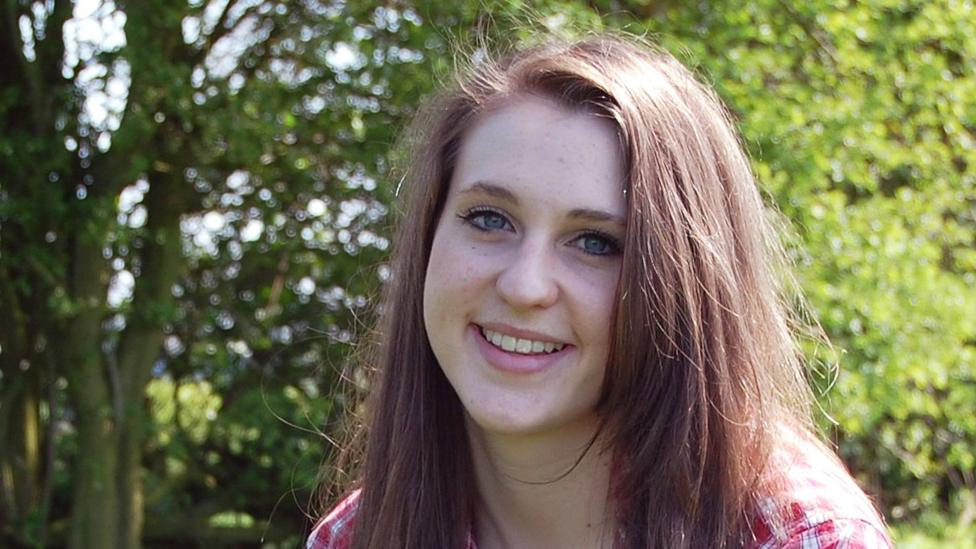Some domestic abusers' reoffending halved - mayor
Mayor Tracy Brabin told BBC Radio Leeds she was "very proud" of police efforts to cut reoffending by domestic abusers and stalkers
- Published
The reoffending rates of some domestic abusers have been halved in an initiative that government ministers should adopt, an elected mayor has said.
Tracy Brabin said she hoped work done by a joint West Yorkshire Combined Authority and West Yorkshire Police unit supporting female victims of violence, and innovations such as the use of forensic sprays like SmartWater for some domestic abuse victims, could be put into action nationally.
Brabin made the invitation after the government announced plans to allow victims of stalking to automatically know the names of their abusers.
West Yorkshire had already seen some “incredible outcomes”, with more stalking protection orders imposed last year than ever before, the mayor said.
However, those outcomes had only come about despite the “difficult and complex” processes involved, Brabin said.
Speaking on BBC Radio Leeds’ Message the Mayor, Brabin said the number of total stalking crimes reported in West Yorkshire this year was 6,479.
The Stalking Advocacy Service, a service commissioned by the mayor, had received over 2,979 referrals and had directly supported 681 high risk victims on one-to-one basis by the end of September.
The mayor said she was also "very proud of West Yorkshire Police that they've issued more stalking protection orders in the last year or so than they've ever done".
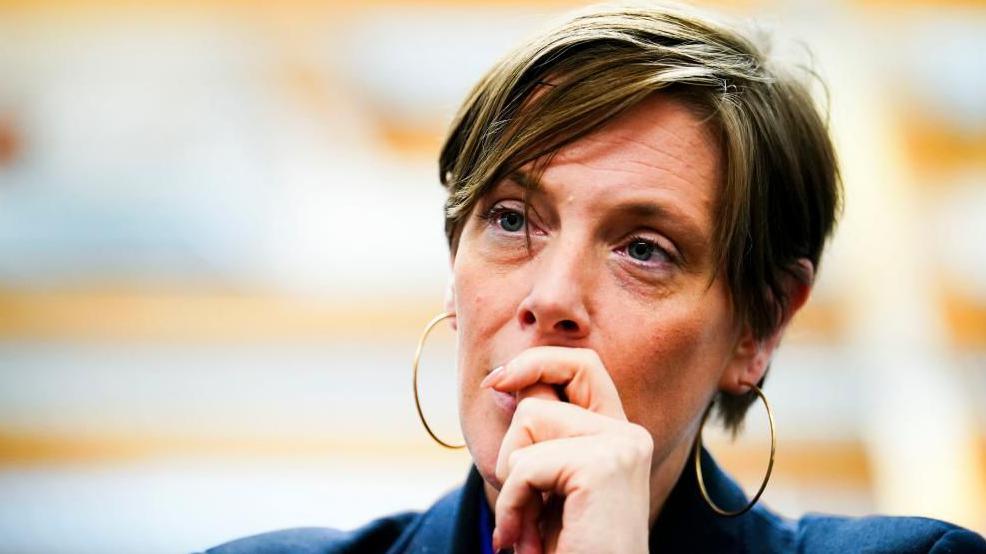
Jess Phillips announced that stalking victims would get the right to know their abuser's identity
Brabin said that since a Women's Safety Unit had been set up in West Yorkshire earlier this year - what was believed to be the first of its kind - there had been some "really incredible outcomes".
“One of them has been the issuing of SmartWater to victims of domestic violence who have a protection order from their perpetrator.
"It's a DNA that stays on your skin or clothes for three months and it stops the 'he said, she said', as it's evidence that the perpetrator broke the protection order.
"We've had an almost 50% reduction in re-offending from perpetrators because they know the victim has the SmartWater."
'Too complex'
Further data supplied to the BBC by West Yorkshire Police revealed 57% of domestic abuse victims who had been given access to SmartWater deterrents reported a decrease in the number of domestic incidents they had experienced.
Meanwhile, police figures suggested 74% of domestic abuse victims reported feeling a lot or a little safer having that additional protection available.
However, Brabin admitted that despite local innovations, it was still a “difficult and too complex” legal process to get a stalking protection order.
Such orders can be used to ban alleged stalkers from contacting, or being within a certain distance of, their victims.
“It takes 103 days to get a stalking protection order. It's got to be quicker than that," Brabin said.
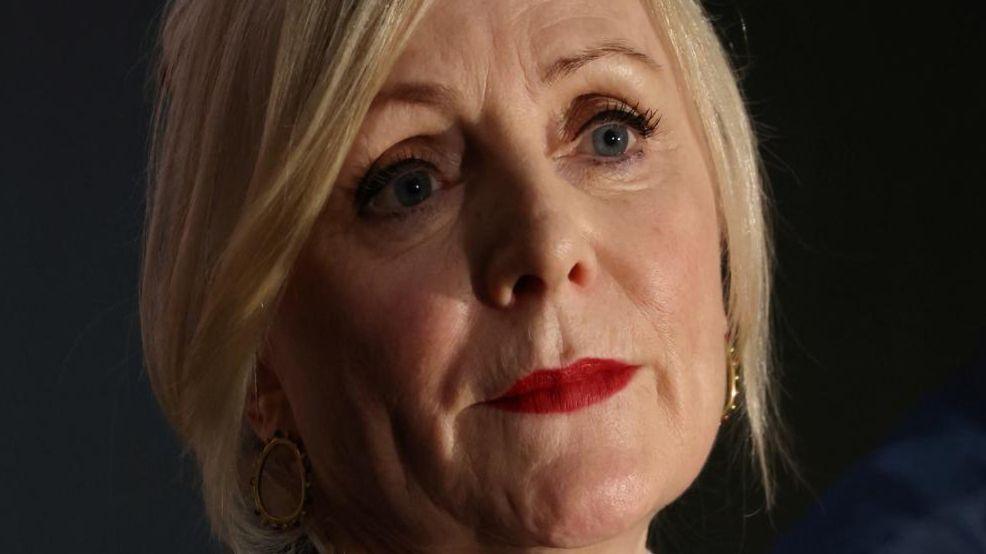
West Yorkshire Mayor Tracy Brabin said she hoped approaches used in West Yorkshire could be rolled out nationally
But the mayor stressed that new proposals spearheaded by Minister for Safeguarding Jess Phillips and Home Secretary Yvette Cooper were a “step in the right direction”.
Introducing the new “right to know” proposals on Tuesday, Phillips said she hoped they would help victims get "peace of mind" by being told their abuser's identity.
Brabin said: "If we can end stalking, or support victims to get justice, then maybe we can save someone's life."
The mayor added that she hoped the government would see the work done in West Yorkshire as "really positive" and that ministers would want to use the approach nationally.
"It's these innovations I'm hoping to invite ministers to come and see, so it won't just be the women of West Yorkshire that have these interventions, but across the country.”
About one in five women aged 16 and over in England and Wales has been a victim of stalking at least once, official figures show, external.
Listen to highlights from West Yorkshire on BBC Sounds, catch up with the latest episode of Look North or tell us a story you think we should be covering here, external.
Related internet links
More stories like this
- Published3 December 2024
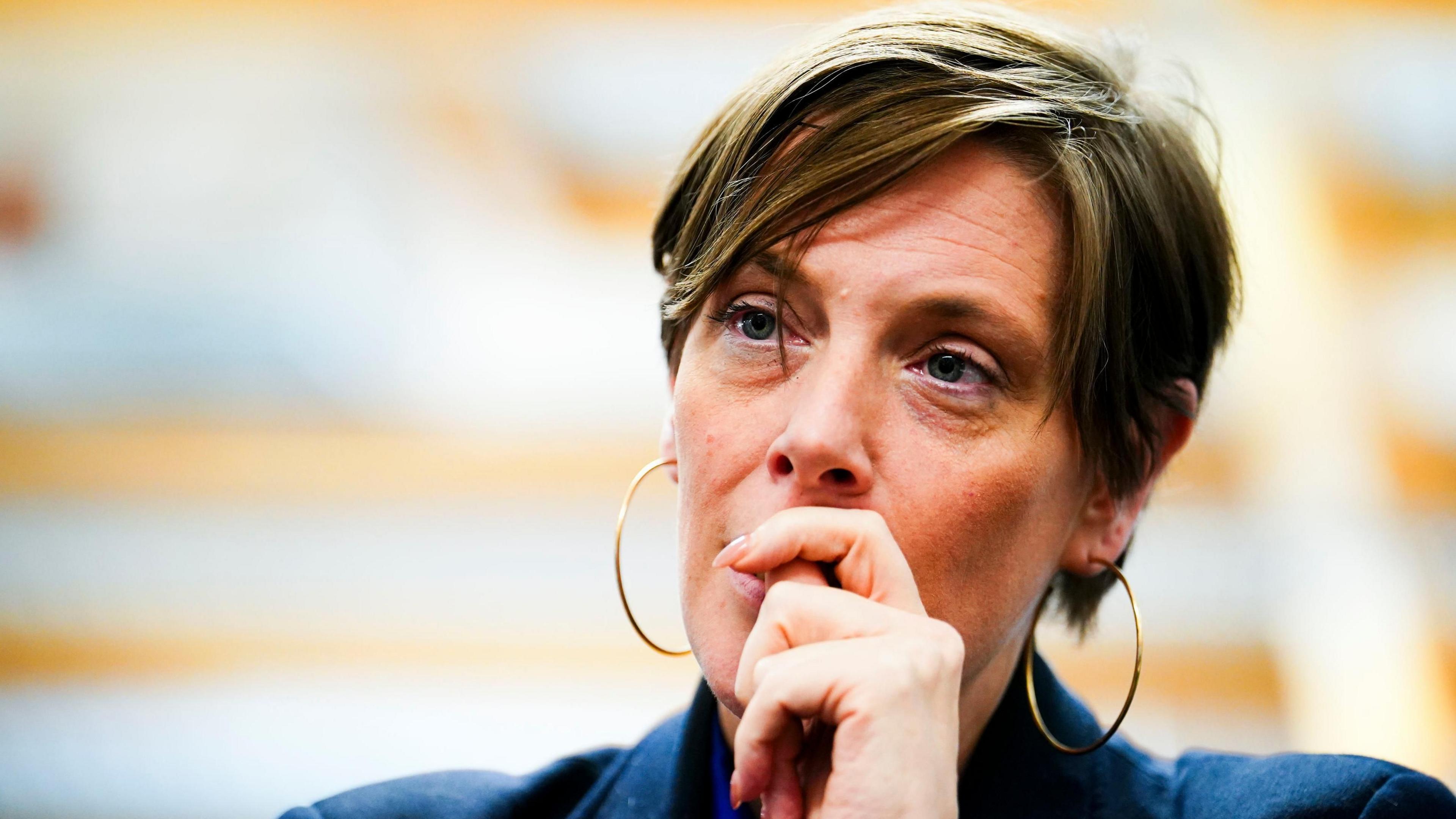
- Published27 September 2024

- Published18 February 2022

- Published5 October 2023
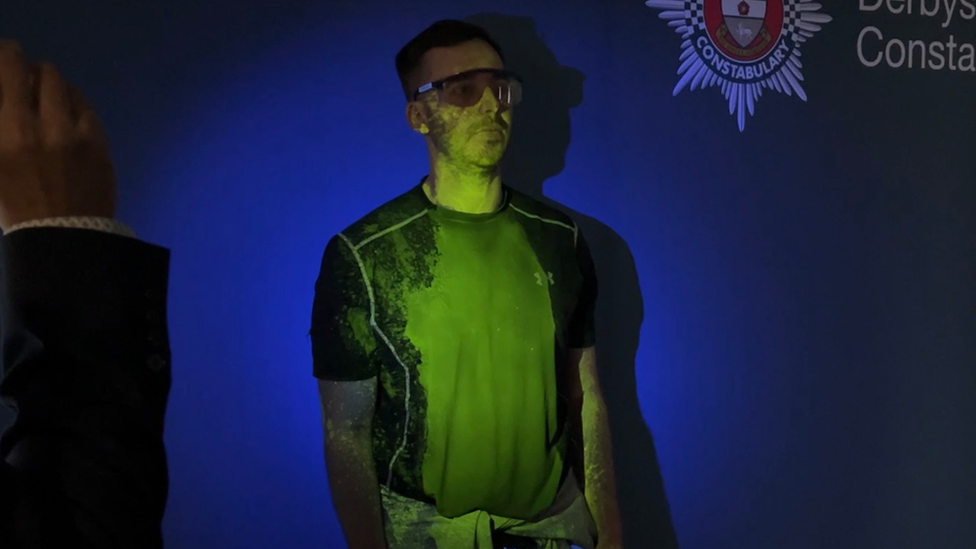
- Published25 November 2022
